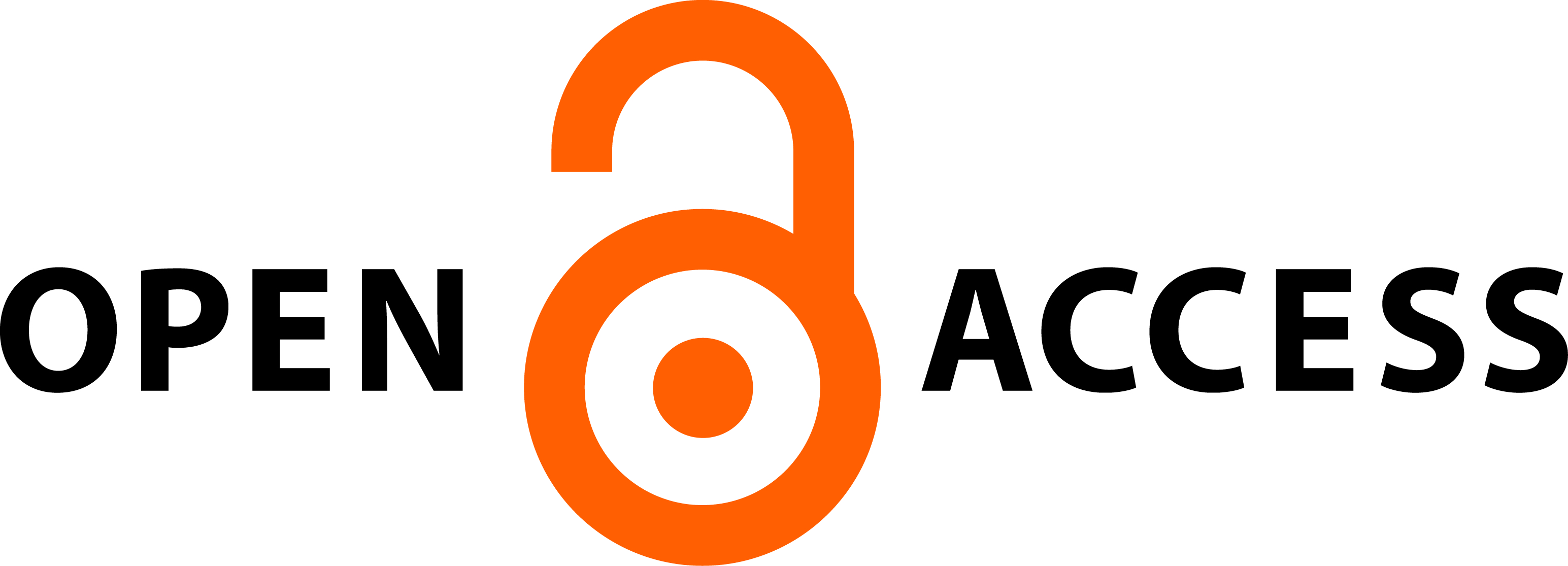TUJUAN PENDIDIKAN PERSPEKTIF AL-QURAN DAN HADITS (Isu Dan Strategi Pengembangan Pendidikan Islam)
DOI:
https://doi.org/10.21154/muslimheritage.v4i2.1766Keywords:
Purpose, Islamic Education, Thematic ExegeseAbstract
Dari begitu besarnya perhatian Islam terhadap pendidikan, tentu agama Islam memiliki tujuan dan alasan tersendiri terhadap permasalahan tersebut. Oleh karena itu, dalam makalah ini akan memaparkan tujuan agama Islam menyuruh umatnya memperhatikan pendidikan. Dimana di dalam memaparkannya mengambil dari ayat-ayat tentang tujuan pendidikan, kemudian dijelaskan dengan tidak mengambil dari satu kitab tafsir saja, tapi menghubungkan dari beberapa kitab tafsir. Dan juga mengumpulkan bebrapa hadits yang berkaitan dengan dengan tujuan pendidikan sebagai pemahaman komperenship terhadapatujuan pendidikan dalam Islam. Dalam analisisnya tak lupa berbagai penapat cendikiawan muslim menjadi perbandingan dan penambah khazanah kajian tujuan pendidikanIslam ini. Begitu juga berbagai pandangan tokoh pendidikan modern barat juga menjadi komparasi dalm kajian tujuan pendidikan perspektif al-Quran dan HaditsPublished
2019-12-30
Issue
Section
Artikel
License
Requirements to be met by the author as follows:
- Author storing copyright and grant the journal right of first publication manuscripts simultaneously with licensed under the Creative Commons Attribution License that allows others to share the work with a statement of the work's authorship and initial publication in this journal.
- Authors can enter into the preparation of additional contractual separately for non-exclusive distribution of a rich version of the journal issue (eg:post it to an institutional repository or publish it in a book), with the recognition of initial publication in this journal.
- Authors are allowed and encouraged to post their work online (eg, in institutional repositories or on their website) prior to and during the submission process, because it can lead to productive exchanges, as well as citations earlier and more severe than published works. (see The Effect of Open Access).














